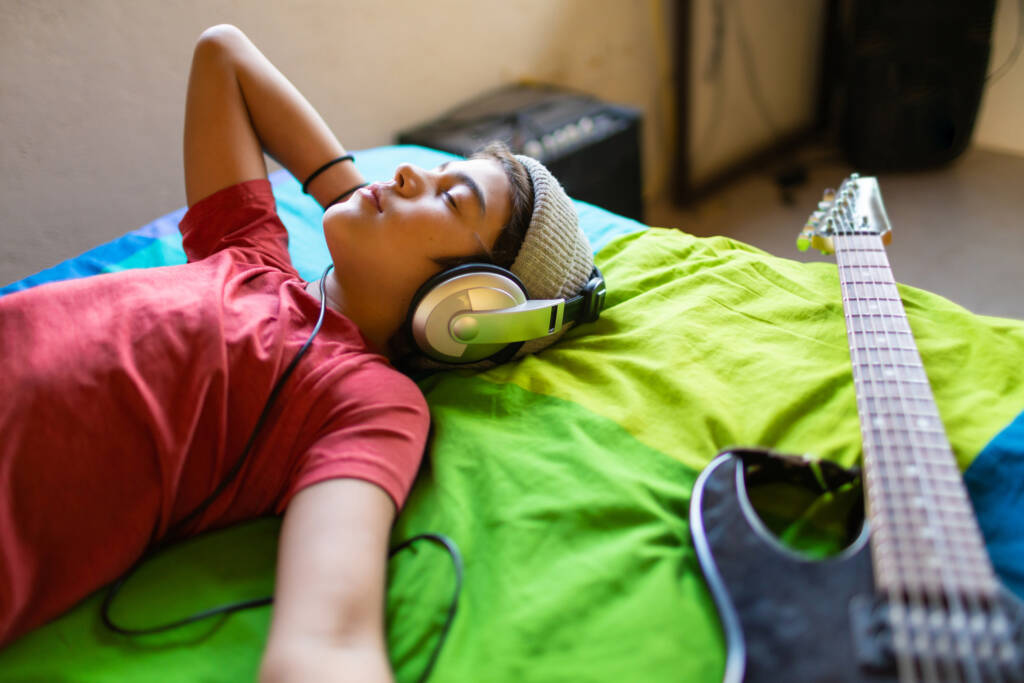
Middle School Critical Thinking, Problem Solving & Learning Strategies

It’s time to become the best student you can be. This course will teach you how to find important information quickly, transfer it from short to long-term memory, and perform better on assignments and tests. On your path to become an efficient learner, this course will teach you specific strategies to use in any content area in your academic studies. You will feel confident in your abilities to link new information to what you already know. As a twenty first century learner, you have big demands on your time. This course will help you find balance as well as prioritize the things you want to accomplish, both short and long term. Finally, the most well rounded student is one who can think critically in all aspects of life, academic and non-academic. By using real world situations, you will implement oral and written communication to build better relationships and take pride in the ownership of your actions and words.
Major Topics and Concepts
Writing, Reading, Test Taking, Listening and Speaking
- Prewriting, Drafting, revising, publishing
- Approaching writing from the creative and critical aspects
- Clustering
- Using reference materials
- Fact and opinion
- Validity and reliability of sources
- Eye focus
- Scanning
- Formal and informal language
- Audience
- Point of view
- Tone
- Introduction, body, conclusion
- Main idea, details
- Time management
- Flexibility, balance, prioritizing
- Setting goals (short and long term)
- Developing a plan
- Personal learning style
- Right/left brain
- Multiple modalities
- Oral communication
- Study techniques
- Types of tests
- Reviewing material
- Memory triggers
- Memory tools
- Note taking strategies
- Making predictions
- Mind mapping
- Pre-, during-, and post-reading strategies
Competencies
Lifelong Learning
Students will demonstrate an understanding of lifelong learning by describing the learning zone, explaining intrinsic and extrinsic motivation, explaining learning through memory, and explaining successful study habits.
Thinking Skills and Strategies
Students will demonstrate an understanding of thinking skills and strategies by describing the communication strategies for building relationships, explaining the skill of setting goals with commitment and ownership, explaining the strategy of connecting failure to success for building integrity, and explaining the skill of problem solving with balance and flexibility.
Reading Strategies
Students will demonstrate an understanding of reading strategies by analyzing reading habits, explaining strategies for predicting and investigating texts, explaining reading comprehension strategies, and explaining note taking strategies.
The Writing Process
Students will demonstrate an understanding of the writing process by describing steps of the writing process, evaluating writing strategies, and creating an original essay.

